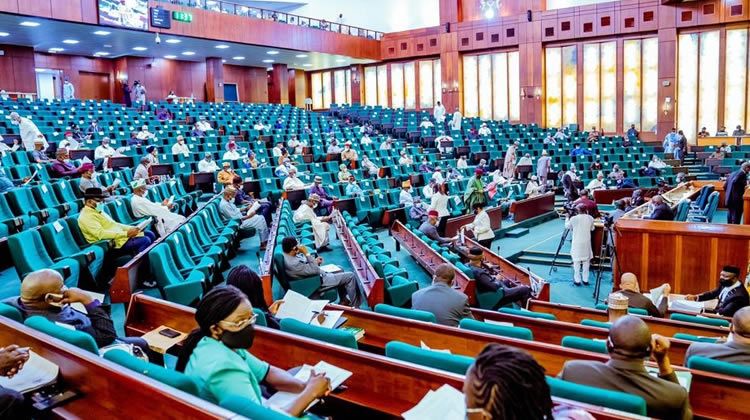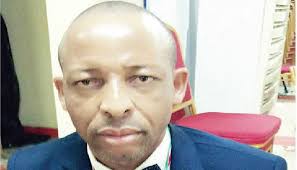
The House of Representatives Committee on University Education has raised alarm over the escalating departure of academic and non-academic staff from Nigerian universities without corresponding recruitment to replace them.
Chairman of the Committee, Abubakar Fulata, expressed the concern on Thursday during an oversight visit to federal and state universities in the South-East.
He warned that the unchecked rate of exits is endangering the stability, quality, and future of higher education in the country.
In a statement issued after the visit, Fulata pointed to the University of Nigeria, Nsukka, as one of the most affected institutions, revealing that over 3,000 lecturers and administrative staff have exited the university since 2019 through retirement or death — yet approval has been granted to replace only 500.
“It is abnormal and dangerous for the university system to keep losing lecturers and non-academic staff without providing for adequate replacements,” Fulata said. “It is equally unhealthy for a system to lose about 3,000 personnel and be permitted to recruit just 500. Such an imbalance cripples academic continuity and weakens institutional capacity.”
The lawmaker urged the Ministry of Education, university governing councils, and relevant government agencies to take urgent steps to address the growing manpower crisis, warning that persistent vacancies will further erode the quality of teaching, research, and university administration.
He also called for strict adherence to federal character principles in new recruitments, noting that many institutions have failed to reflect Nigeria’s diversity in their staffing profiles.
Nigeria’s tertiary education system has long been bogged down by chronic underfunding, deteriorating infrastructure, and low staff morale.
These challenges continue to fuel the mass departure of lecturers — a trend widely described as “brain drain” — as scholars seek better remuneration, improved working conditions, and greater research opportunities abroad.
The situation worsened under the previous Muhammadu Buhari administration when university campuses were shut for nearly a full academic session due to prolonged industrial action by the Academic Staff Union of Universities (ASUU).
Similar tensions have resurfaced under President Bola Tinubu, with several unions issuing fresh threats of strikes over unresolved grievances.
Fulata assured that the House Committee would continue to work with all stakeholders to strengthen the university system and stem the loss of talent draining the nation’s intellectual base.


